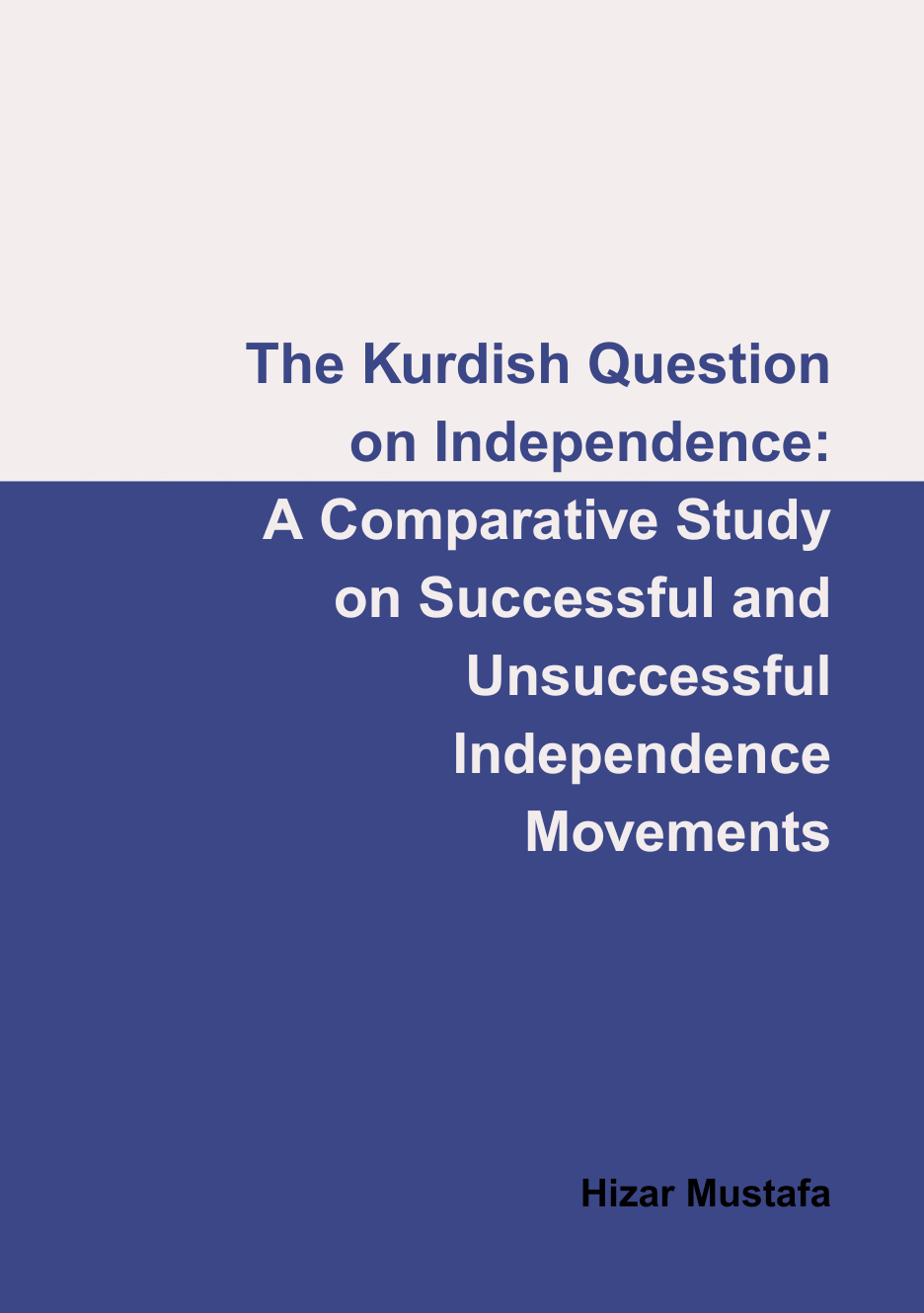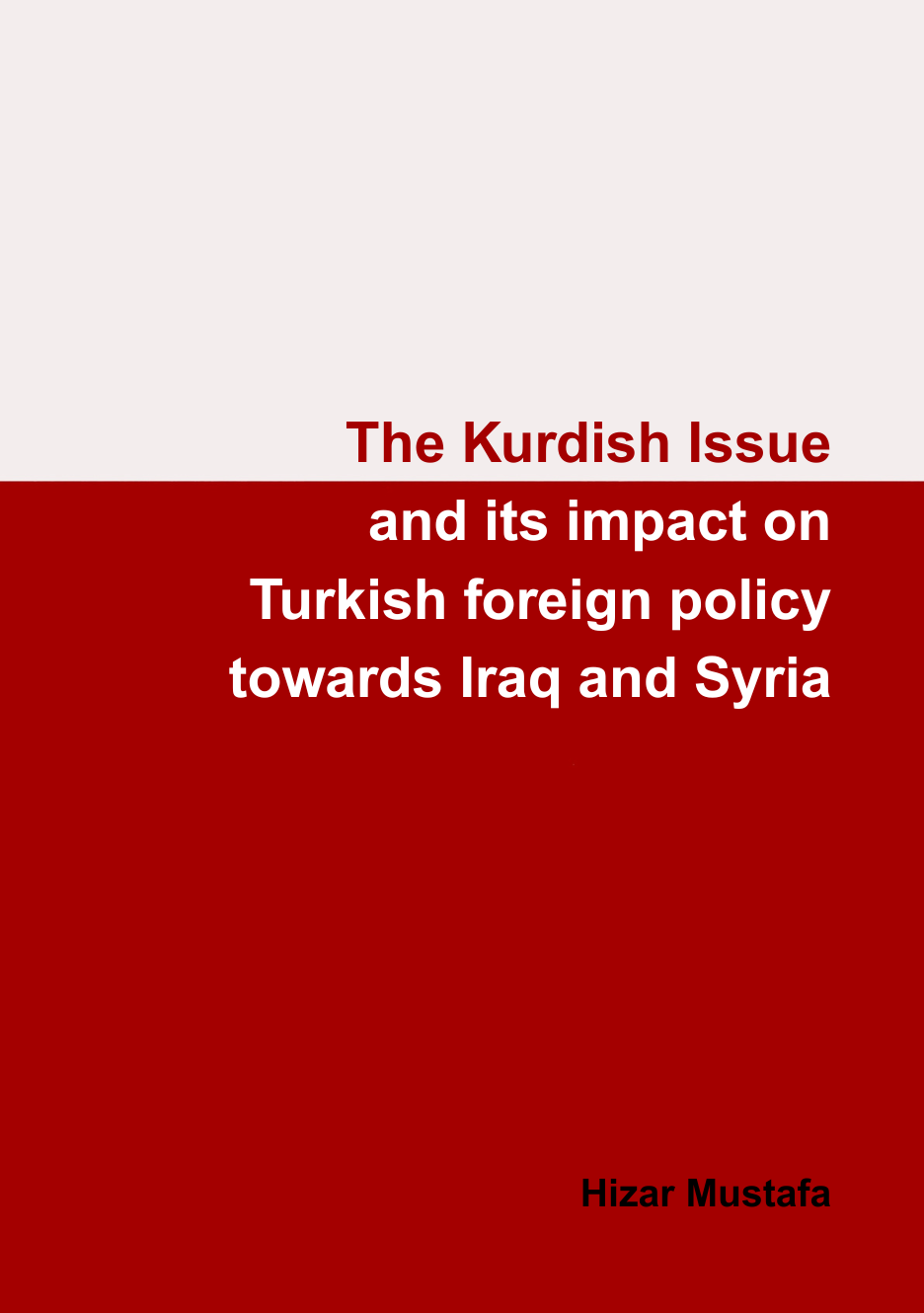The Kurdish Question on Independence: A Comparative Study on Successful and Unsuccessful Independence Movements
Many places today have the desire to become independent, yet for the most part, national governments always tend to oppose such secession movements. The desire for secession is not a new concept, where independence movements are demanding their own homeland and to be recognized by the international community. It is challenging to detect who gets to form a state since there are no clear international laws that oppose this. The Kurds are the world’s largest ethnic group without their own state, where the autonomous region of Iraqi Kurdistan has long desired complete sovereignty. Given the fact that the autonomous region of Iraqi Kurdistan has been failing in gaining complete sovereignty as they tried to secede through several independence movements. In addition to the fact that some similar independence movements have succeeded, it raises the puzzling question; ” Why is there no international recognition and support for the Kurds in Iraqi Kurdistan, whereas there is for Israel, Kosovo, and Palestine?”. By using the “most similar system design”, the external and internal factors will be presented and compared with different cases of successful independence movements. To then compare it with the Kurdish case and the failure to gain independence. The motivation is to point out the essential factors given by the authors that could determine the outcome of the independence movements. To then look at which of those factors play a more significant role in succeeding in independence movements. This would help to understand which of those factors have been affecting the failure of Kurdish independence.



Reviews
There are no reviews yet.